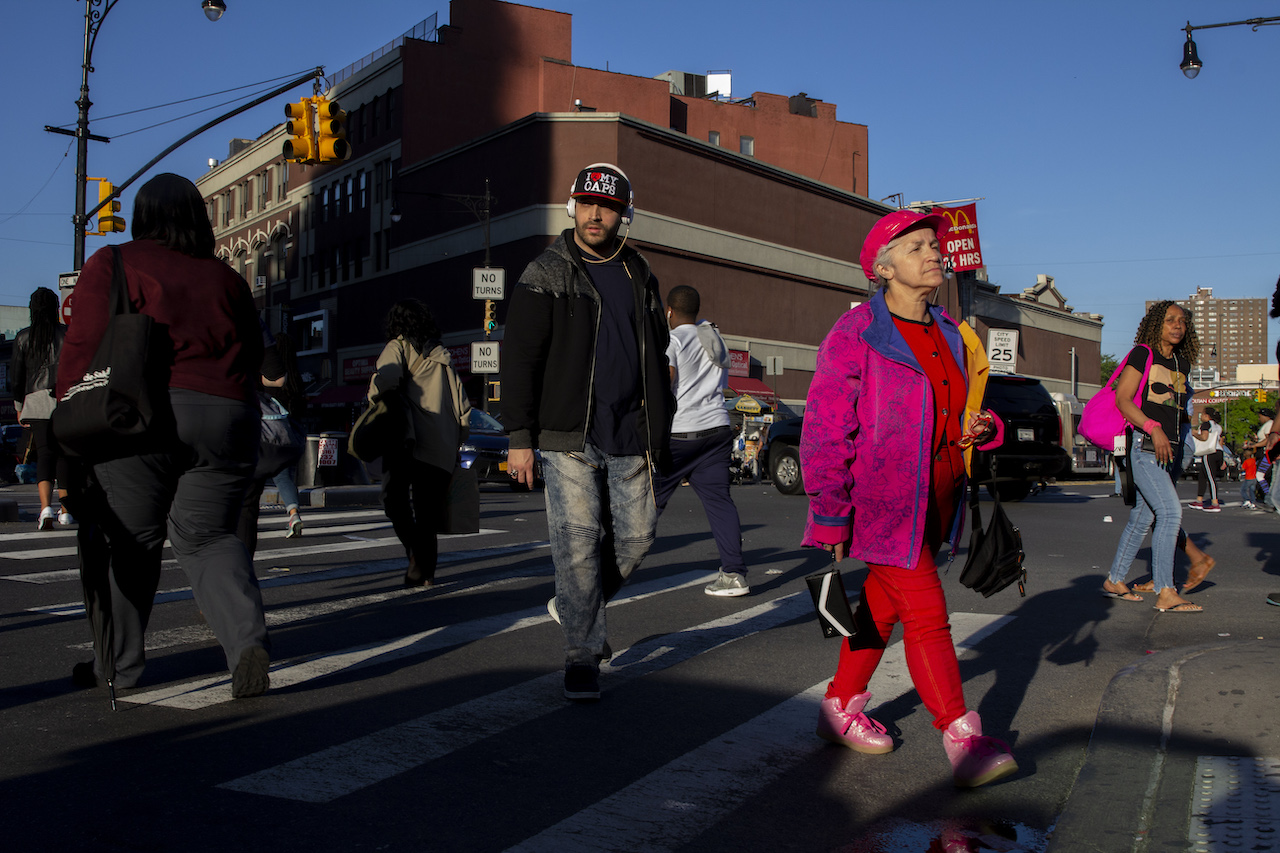Johnny Sanchez of the 1800fix.com cell phone repair shop on Third Avenue, says COVID-19 isn’t something he hears people worrying about, but he can already feel its impact.
“Business is slow, we’re down like 30 to 40%,” said Sanchez, noting that people are getting worked up by what they’ve heard on the news.
“Parts are hard to get right now, they’re taking another couple of days longer, hopefully it won’t get any worse. If it gets any worse, then we’re in trouble.”
Last weekend, Mayor Bill de Blasio unveiled relief measures for small businesses. One would provide zero interest loans of up to $75,000 for businesses with fewer than 100 employees and that have seen a 25% decrease in revenue.
A second would offer grants to businesses with fewer than five employees to cover up to 40% of payroll costs (an average of $6,000) for two months. Those seeking further information on these services are asked to contact 311.
Lisa Sorin, president of the Bronx Chamber of Commerce, said that while the grants seem relatively easy to access, the protocol for obtaining loans for larger businesses remains unclear.
“Logistically I don’t think the mayor has put out an exact plan as to how you go about putting in for your receipts,” said Sorin. “Once we understand the logistics of it, we can then share it out with our businesses, and that’s definitely gonna be a priority for us.”
Samantha Keitt, press secretary for the NYC Department of Small Business Services, tells the Mott Haven Herald that applications for the loan program are not yet open. “Once it is, we will have more clarity on the filing of receipts for businesses,” said Keitt.
Michael Brady, CEO of the Third Avenue Business Improvement District, has been working with local businesses on action plans for dealing with a global pandemic that experts are still trying to understand. He has been encouraging shoppers to patronize local businesses instead of traveling further, but admits there are issues that businesses are facing.
“There may be some long-term concerns that our businesses have in terms of their ability to get products out of ports, particularly products that may be coming from countries that have their borders closed or are under a contamination lockdown,” he said.
“A secondary concern is that if there are large scale quarantines, particularly for neighborhoods like the Hub and the South Bronx, what does that do for our consumer foot traffic?” he asked.
Many of the products sold in the US are imported from China, where the current outbreak began, and the country that has been hardest hit to date. China has seen a 17.2 percent drop in exports during January-February compared to last year, according to the General Administration of Customs, which has had far-reaching consequences across the globe.
“It’s going to really come down to, how does New York City manage the flow of goods from countries that we may no longer have access to at this particular moment?” Brady said.
A state of emergency was declared in the city by Mayor Bill de Blasio Thursday morning, as the number of coronavirus cases in the city jumped to 95 – including 10 in the Bronx – with estimates that the number of coronavirus cases could top 1,000 by next week.
Concerns of widespread quarantines were assuaged for the time being after Gov. Andrew Cuomo announced Thursday afternoon, “the city is not going to shut down.” De Blasio also called on the federal government to order a “huge” stimulus program aimed at assisting businesses for a period of six months or longer.
Amid the uncertainty, the BID issued a letter to the NYC public advocate and City Council on Wednesday requesting a moratorium on small business legislation “until we can fully understand the impact the coronavirus will have on small business.”
Sorin is confident that the amount of foot traffic in the area will enable businesses to keep going, but she does foresee issues of businesses being unable to keep their shelves stocked due to delays in imports.
“I think whatever drop they are seeing is the lack of merchandise. If the people aren’t finding their products, they’ll go somewhere else to find it or go without,” said Sorin.
For now, the BID is circulating front line operations tips, including installing hand sanitizer stations at the entrance of stores, wiping down surfaces every two hours and instructing employees to wash their hands and cough into their elbows.
“Basic things that I think we were all taught when we were little but this is doing a refresher course on those,” said Brady.

